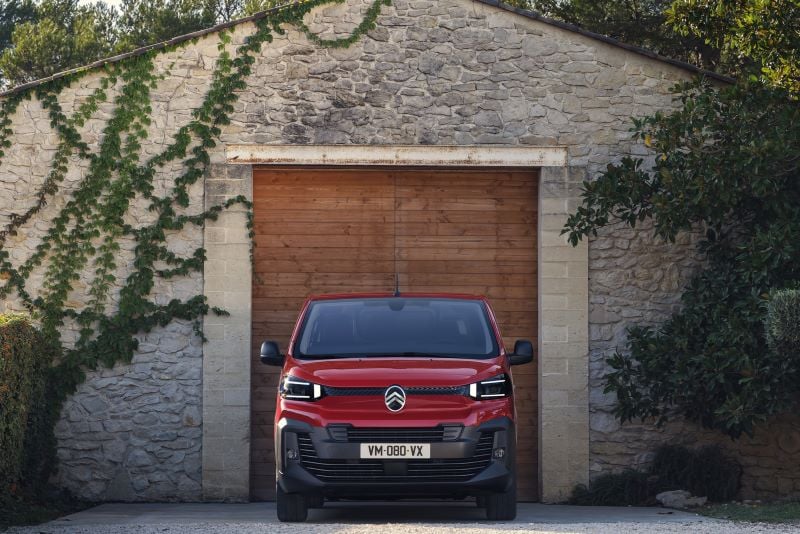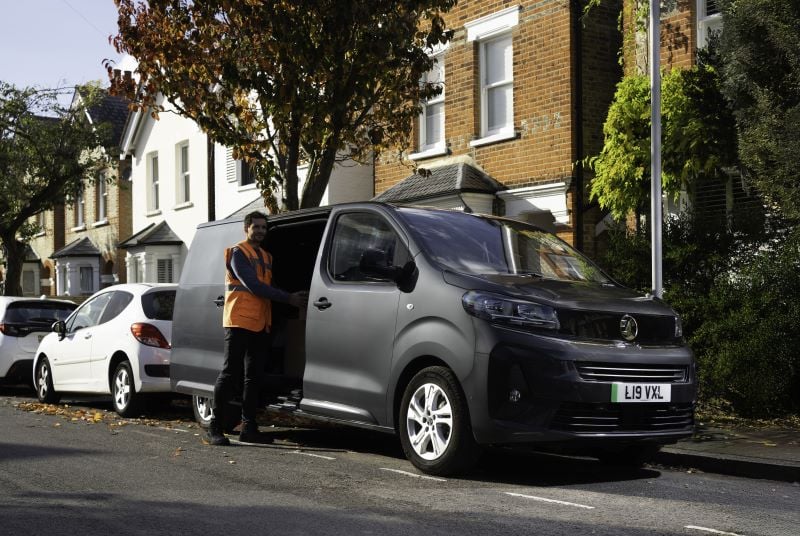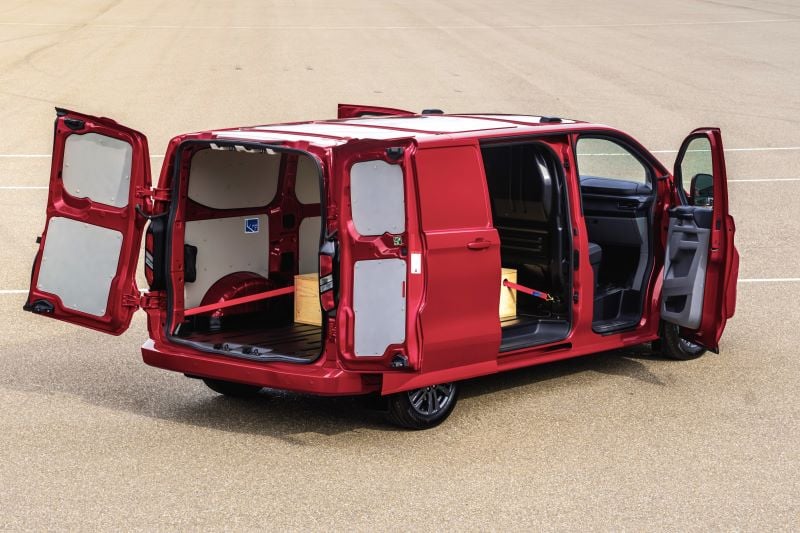Can I Park My Commercial Van At Home?

If you drive a van as part of your working day, there is a strong likelihood that you will be taking it home overnight on occasion.
While this is likely true if you are a private business owner with your own van, there may be a time when it is not feasible for you to return your company van to its base before heading back home.
Ultimately it comes under your company’s discretion as to whether you are permitted to take your van to your personal home and it is very possible that your bosses will have strict rules in place to ensure you keep it safe while it is.
However, beyond company policy, there are also rules, regulations and laws in place for vans being parked in residential areas and on home properties that are worth keeping in mind if you are planning to park a van on or close to home property.
Can I Park A Van On My Driveway?
If you are bringing your company van home with you, parking it on a driveway is certainly the most preferable location for it to be kept overnight.
Beyond the fact it is off the street and therefore out of harm’s way from traffic, driveways are seen as more secure locations to deter any unscrupulous thieves from attempting any break-ins.
Even so, if you do park on a driveway, try and place the van in a spot where it is hard to access any doors forcefully and if possible attempt to block it in with another vehicle.
Also, it is important you check your insurance policy to understand whether having a commercial vehicle on your property is covered. It is worth informing your insurer to confirm whether there are any issues with doing so and to understand the risks.
You must also be considerate of neighbours, who might consider a large van parked on a driveway a bit of an affront to the enjoyment of their own property. It might sound petty but complaints can lead to councils regarding the driveway as a ‘material change of use’ and slap you with an order to gather permission to do so.

Parking A Van On A Residential Street
Due to the size and bulkiness of a van, it is preferred they are not kept parallel parked on a residential street.
The reasons for this are it can obstruct views and potentially stick out beyond the bay it is parked in, causing issues for cyclists or cars moving through a slender street.
If you have on-street residential parking as permitted, it is necessary to double check the permits, any active prohibition times and restrictions that might preclude your van from being included to do so.
Either way, there are still some rules to adhere to when parking your van on a road in a residential area so as not to cause any undue issues.
Firstly, your van must be parked in an authorised space or a designated lay-by and never within 10 metres of a junction and you should always park with the nearside close to and parallel with the kerb.
There is also a law that states that if a commercial van has a kerbweight of more than 2500kg and is parked on a street between sunrise and sunset, it must be left with the parked lights on.
If it weighs less than 2500kg, you can leave your lights off but the van has to be parked on a road with a maximum speed of 30mph.
You must also parked more than 10 metres from a junction so as not to potentially cause an obstruction.
Here's what a local council will consider when such a dispute arises:
- The size, design and number of commercial vans being kept at a given property
- Their position and proximity to adjoining/adjacent properties
- The effect on the appearance of the surrounding area
- The times that the vehicle arrives and departs from the property
If you are unsure of any pitfalls that might arise from parking your commercial van on or close to your home property, the best cause of action is to consult with your insurer or go ahead and discuss the matter with the council so they can advise.
Keep in mind though that these rules might be subject to change with the rise in electric vans as many will need to recharge using on-street charging docks.

Lease A New Van With Vansdirect
Leasing a van with Vansdirect has never been easier to better value for your business
Get the right van lease deal, right now on the van you want, including the Ford Transit Custom, Vauxhall Movano, Mercedes-Benz Sprinter and Citroen Berlingo.
Speak to our expert team today and you could be driving a new van sooner than you expected for less than you think.

















